Europe and NATO can’t help the US counter China. Here’s why
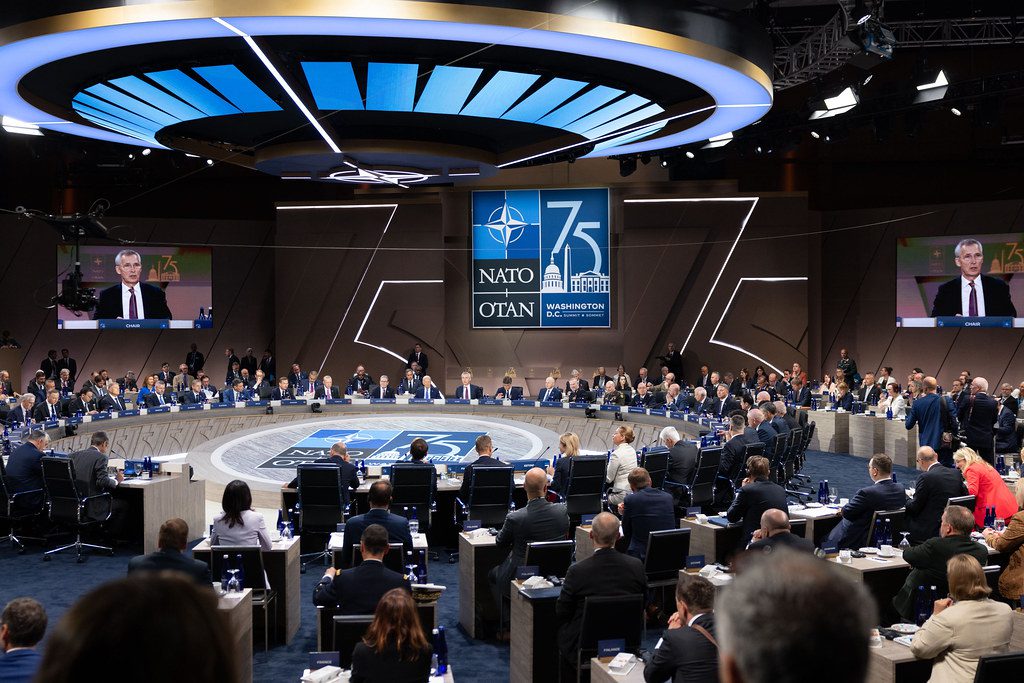
At a recent news conference, US Secretary of State Antony J. Blinken stood shoulder to shoulder with NATO’s secretary general to deliver a sweeping vision. “The alliance recognizes that security challenges in one part of the world impact another — and vice versa,” Blinken said. He paraphrased Prime Minister Fumio Kishida of Japan: “What’s happening in Ukraine today may well be happening in East Asia tomorrow.” The subtext was unmistakable: The United States expects Europe to join its campaign to counter China’s rise, just as allies have rallied against Russia’s invasion of Ukraine.
Yet as stirring as expressions of transatlantic solidarity sound, they obscure a more complicated picture. Europe currently lacks both the military means and the political appetite to meaningfully help the US balance China in Asia.
Major European militaries have begun conducting naval patrols in the Indo-Pacific region, but decades of underinvestment have left European armed forces too small and ill-equipped to sustain far-flung expeditionary missions. Germany, the continent’s economic powerhouse, has allowed half its tanks to fall into disrepair. Britain, once a global power, could exhaust its ammunition within two months of high-intensity combat. France’s army has shrunk from 15 divisions during the Cold War to just two today.
Sending a frigate or two on patrol is one thing; maintaining a sizable presence to deter Chinese aggression is quite another. The strategic lift, logistics and bases needed to sustain forces in the Pacific would cost staggering sums. Much of NATO Europe would be hard-pressed to defend itself against a determined Russian assault, let alone project power in Asia.
…

Mark is a senior fellow with the Independent America project at the Institute for Global Affairs and host of the podcast, None Of The Above.
More from Mark
This post is part of Independent America, a research program led out by Jonathan Guyer, which seeks to explore how US foreign policy could better be tailored to new global realities and to the preferences of American voters.
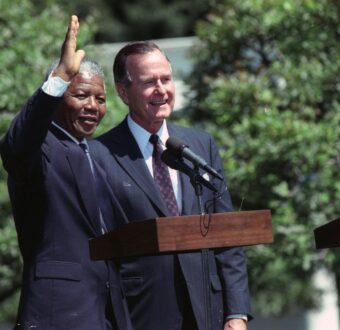
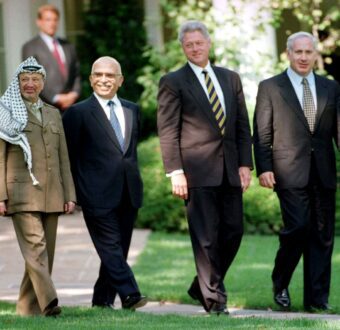
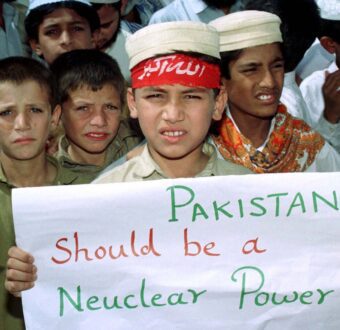

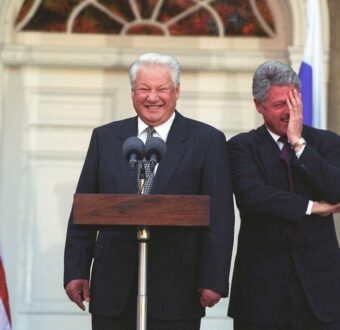
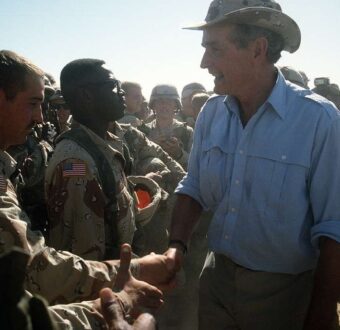
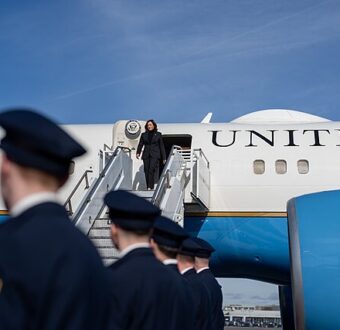
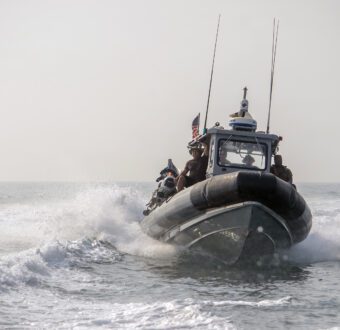

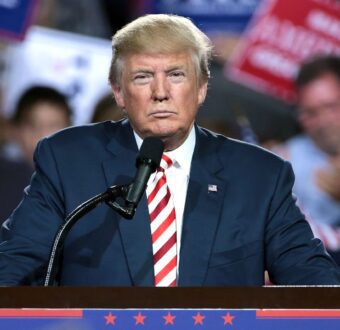



Put America first but not alone